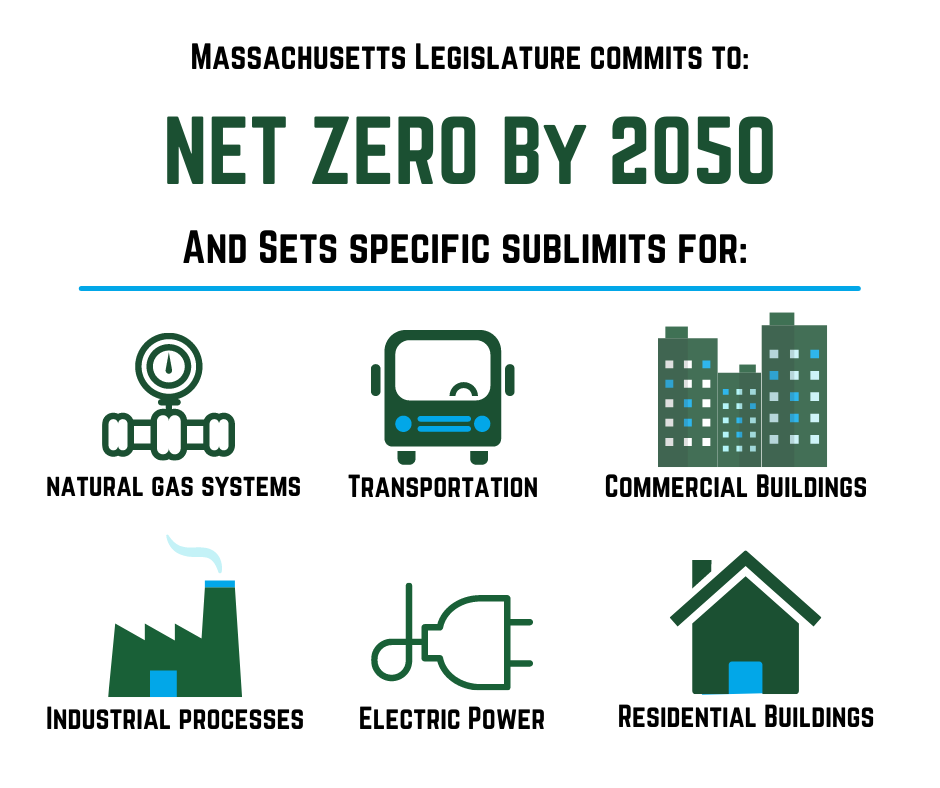Mass Live
Emissions would have to fall to at least 50% of 1990 levels by 2030 and 75% of 1990 levels by 2040, but the bill also calls for interim goals every five years.
“An underlying idea driving the particulars of this bill is that the need to do something needs to be front and center, more than has been in the last 10 years,” Sen. Michael Barrett, a Lexington Democrat and key negotiator on the bill, said in a phone interview. “We tried to write a bill that would present people in Massachusetts with a need to change. I believe that a successful adjustment to climate change will involve transformations big and small.”






